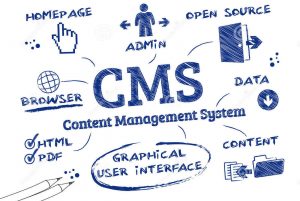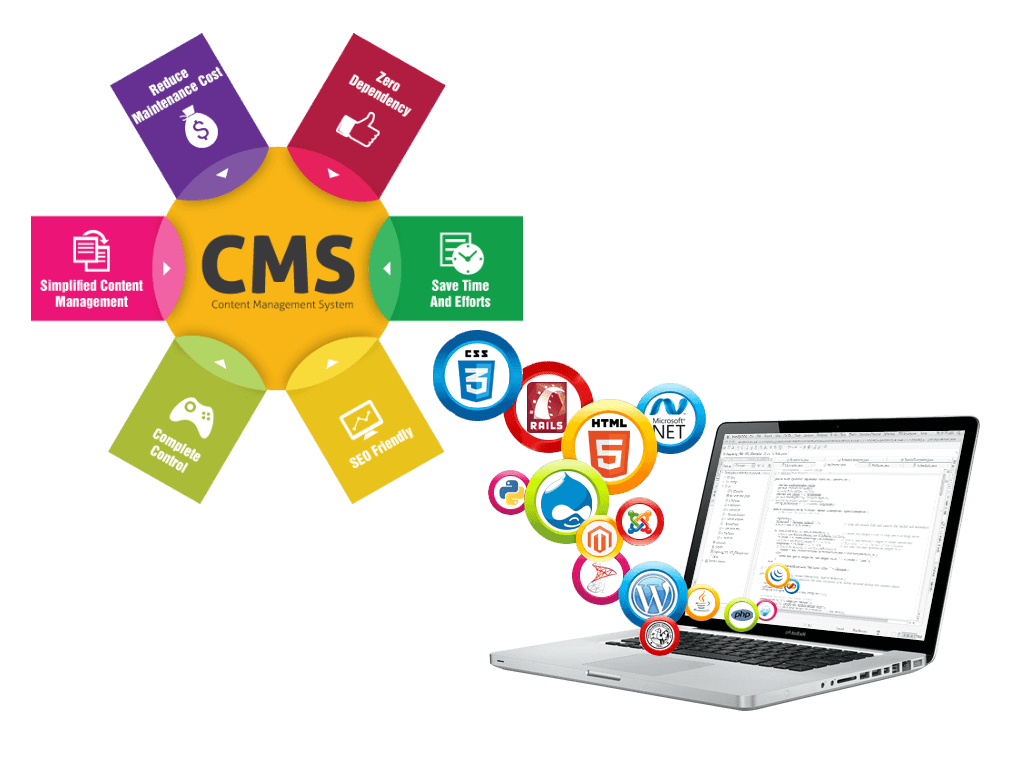CMS (short for “content management system“) is a software for creating and managing digital content in a dynamic and interactive way. CMSs have two common applications: managing content and data used for collaboration in the workplace (Intelligent Information Management) and facilitating collaborative authoring for websites (web content management). Content published and managed by a CMS includes, but is not limited to, web pages, business documents, information sourced from databases, training materials and manuals, video, audio, graphics, photos and text, both for internet and for intranet use.
Web content management system is a great way to keep your website updated in terms of published content, website structure, as well as appearance. It provides users with flexible websites that are easy to navigate and reduces maintenance costs at the same time, because it doesn’t require skilled programmer to manage the website. Ultimately, this leads to improved user satisfaction and better sales. With a content management app, users can create and modify content of a website without knowing HTML or any other programming language. This allows updating of a website to be distributed within an enterprise, so that everyone is responsible for their section of the site. It also lets users keep track of all the previous versions of a page, who changed it and when. All this greatly facilitates workflow.
In addition, CMS takes care of the website look by making publishing fully automated via page layouts. This is an effortless way to make the website appearance consistent.
Although the most popular use of CMS is for building websites, CMS is also a great way to manage content and data used within an enterprise as part of the organizational processes. In the form of Intelligent Information Management system, it is a content warehouse used as a single repository for all types of company information. In addition to web content management, it encompasses document management, record management and business process management.

Important elements of a good CMS are:
- Simple install procedures.
- Intuitive indexing and search function.
- User interface that is easy to understand.
- “What You See is What You Get“ editor, showing you how the content will really look when published.
- Format management to easily convert scanned documents to HTML or PDF.
- Version control that allows content to be edited and updated after publication.
- Good customizable templates and tools to create, modify, publish and archive content.
- The system divided into modules, each fulfilling a specified function (for graphics, video, audio, etc.)
- Online and offline technical support.
Choosing the right CMS will depend on the needs of your company. There is plenty of free and open source CMS offerings. Some of the most popular ones are WordPress, Drupal, Joomla and Backdrop CMS. However, if you want a more stable and professionally oriented option, with strong technical support, a commercial CMS might be a better choice for you.
CMS market is rapidly growing and we can expect many innovations and improvements in the future.
